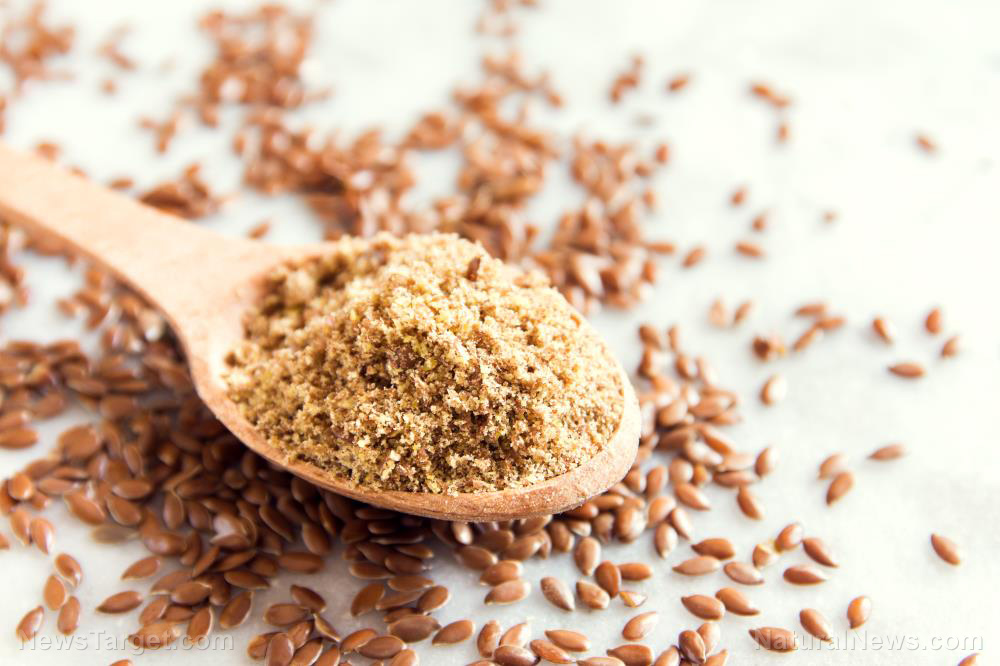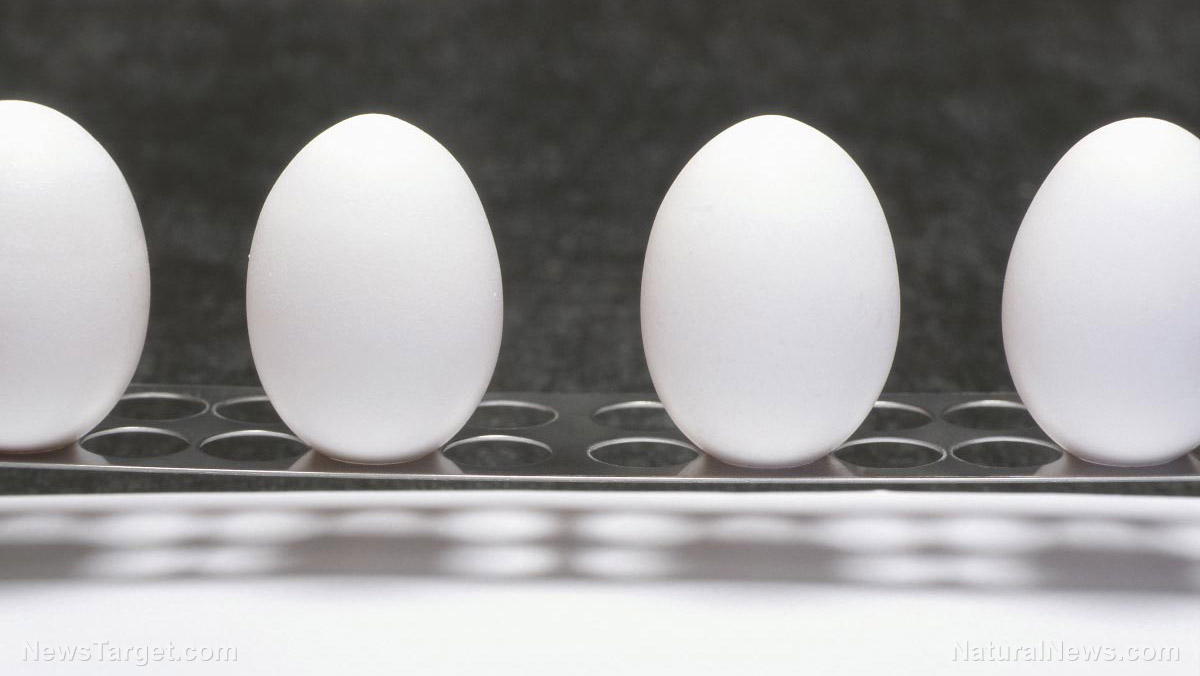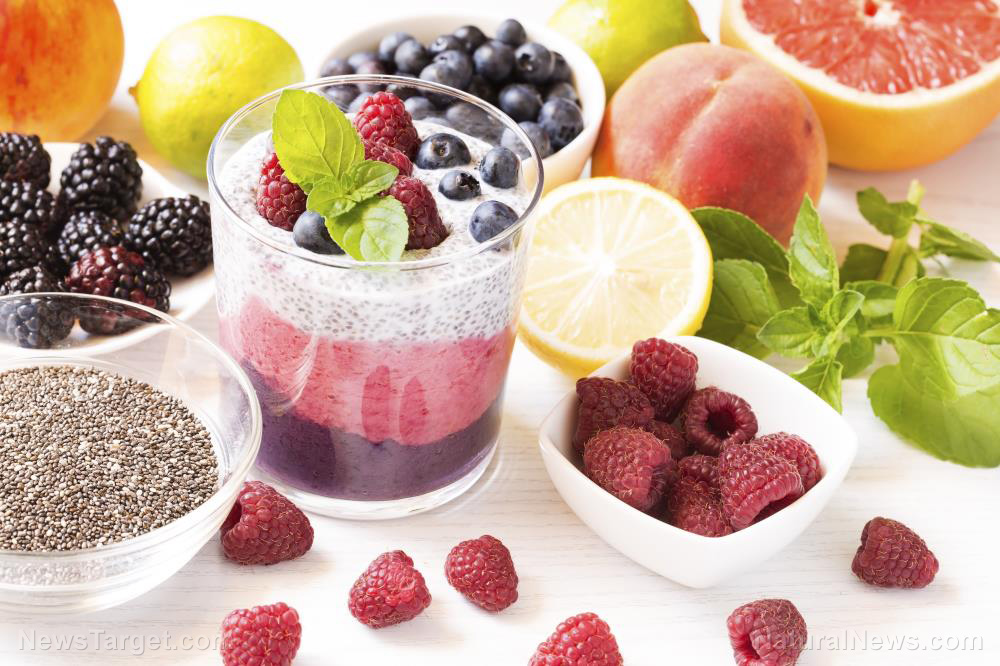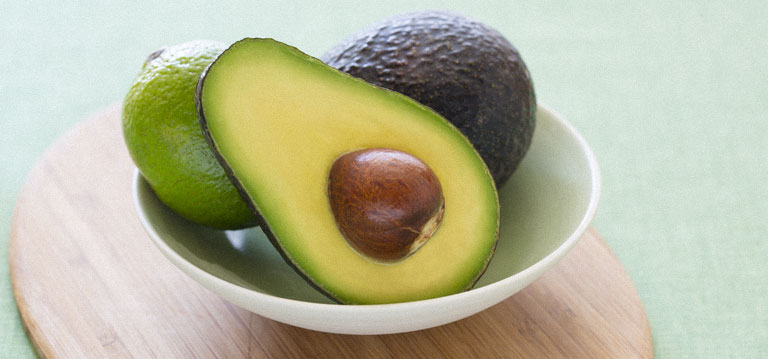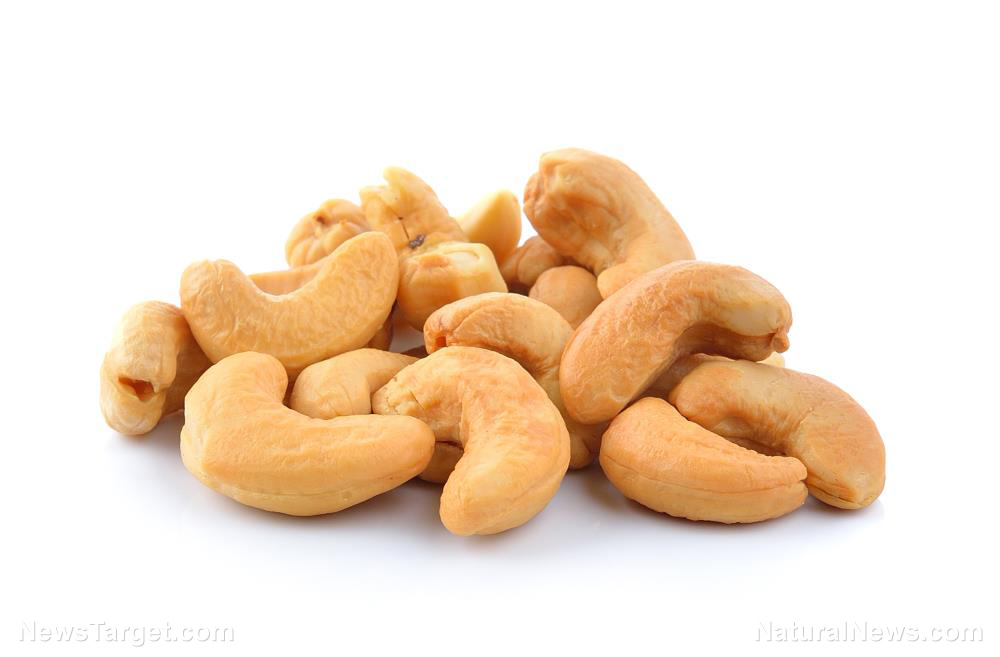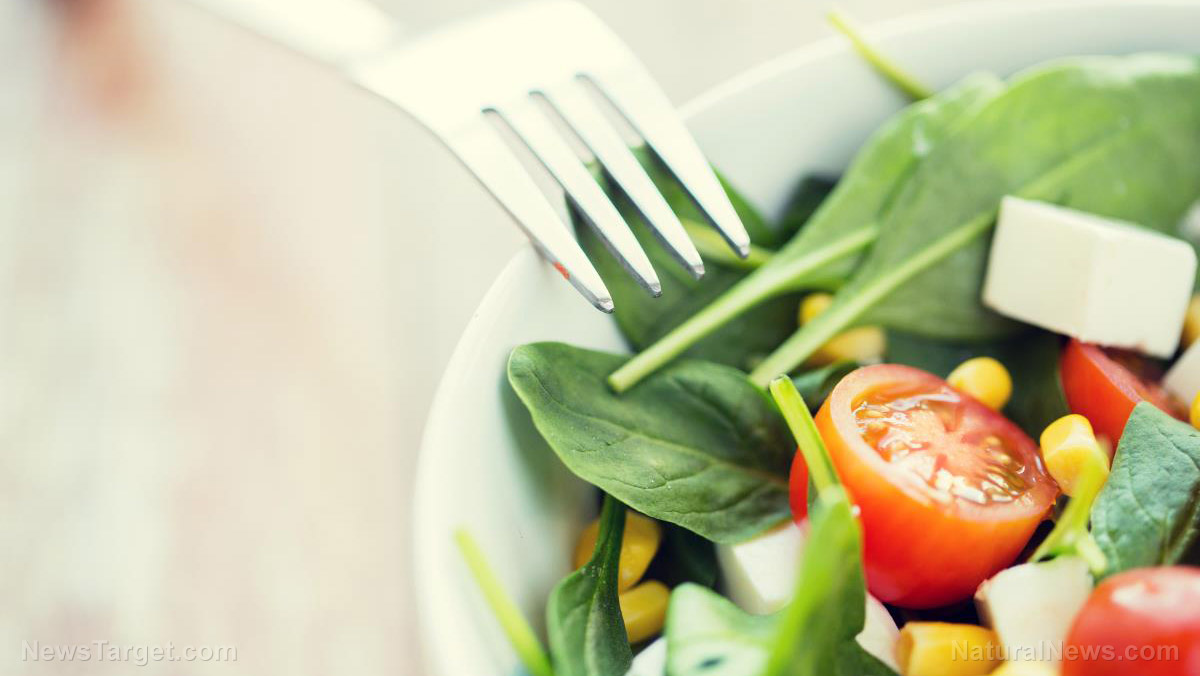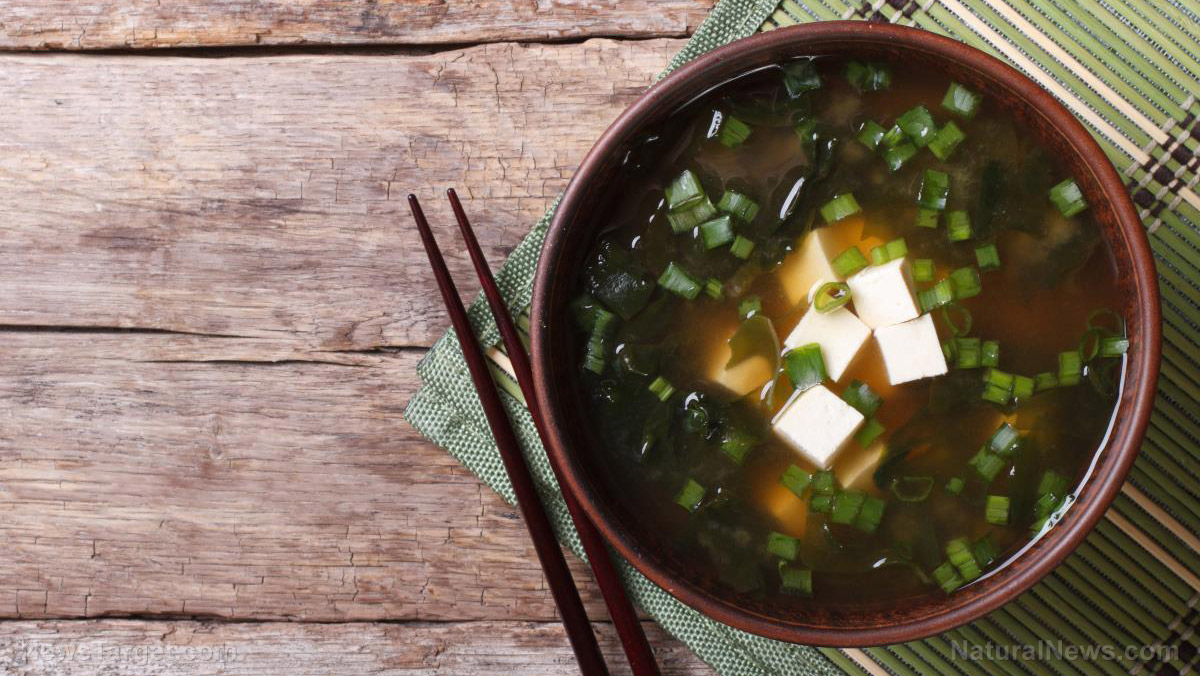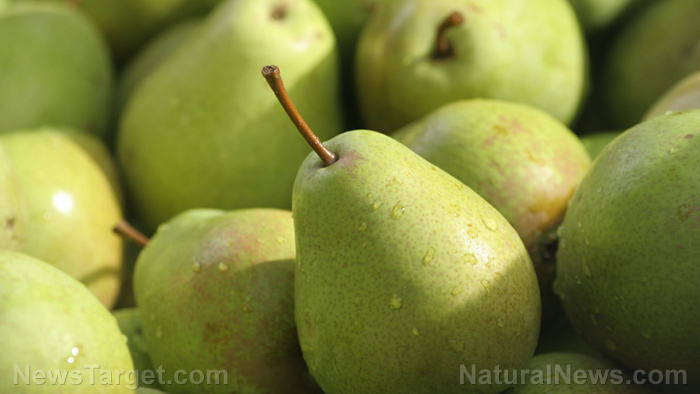Hibiscus tea improves blood flow, reduces risk of cardiovascular disease
06/24/2019 / By Michelle Simmons
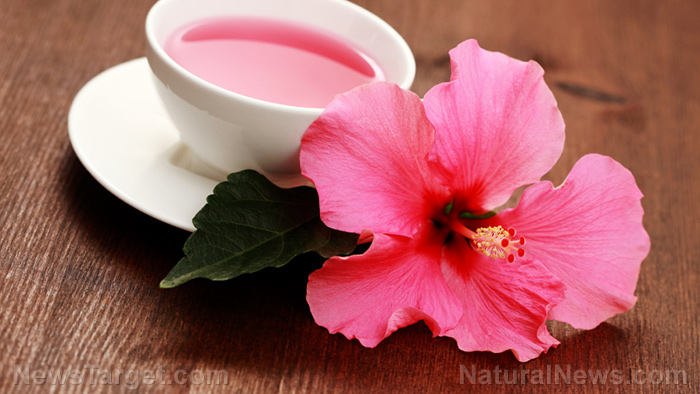
Drinking herbal teas is one way to enhance your health and prevent diseases. In a study published in the journal Nutrients, researchers found that drinking hibiscus tea can lower your risk of cardiovascular disease.
Researchers from the U.K. and Nigeria looked at the effects of hibiscus on blood pressure, vascular function, and other cardiometabolic risk markers. They recruited 25 men with a cardiovascular disease risk between one percent and 10 percent, which was measured using a QRISK2 calculator. Then, the participants were randomly assigned to consume either 250 milliliters (mL) of a special hibiscus drink or plain water. The special hibiscus drink was prepared by steeping 30 g of dried hibiscus flowers in tea bags in a liter of water for 10 minutes. Each drink was paired with a high-fat meal of croissants with butter and honey, followed by a high-fat meal of cheese sandwiches, a bag of slated chips, and shortbread biscuit fingers.
The researchers also collected the blood samples and other cardiovascular measurements of the participants at two hours and four hours after the meal. After a two-week washout period, the participants returned to follow the same procedure but with a different drink.
Only 22 participants completed the study. The researchers found that the participants experienced a reduction in cardiovascular disease risk after drinking hibiscus tea. In particular, the researchers found a significant increase in flow-mediated dilation of the brachial artery after the participants consumed the hibiscus drink following a meal. Flow-mediated dilation is the widening of an artery when blood flow increases in that artery.
With these findings, the researchers concluded that drinking hibiscus tea or consuming the extract of hibiscus flowers after a meal can improve vascular function. In addition, they suggested that hibiscus tea may be used to improve endothelial function and reduce cardiovascular disease risk.
Other heart-healthy benefits of hibiscus tea
In African countries, hibiscus tea is used to treat heart disease, while in Iran, it is used to lower high blood pressure. These heart-healthy uses of hibiscus tea are backed by science. (Related: Hibiscus tea is excellent to maintain healthy cholesterol and blood pressure levels.)
Hibiscus tea is found to improve cholesterol levels. A study published in the International Scholarly Research Notices compared the effects of consuming hibiscus tea with black tea on cholesterol levels. For the study, 90 people with high blood pressure drank either hibiscus tea or black tea twice a day for 15 days. Results showed that both teas caused significant increases in total and high-density lipoprotein (good) cholesterol levels.
Hibiscus tea also reduces high blood pressure. Drinking hibiscus tea can reduce blood pressure in people at risk of hypertension and those with mild hypertension, according to a study in the Journal of Nutrition. A meta-analysis of studies in the Journal of Hypertension also confirmed that drinking the herbal tea can greatly lower both systolic and diastolic blood pressure.
More reasons to drink hibiscus tea
Drinking hibiscus tea provides many other health benefits aside from keeping the heart healthy. One of these providing powerful antioxidants that help fight free radicals, which damage cells.
Hibiscus may also improve liver health. Human and animal studies showed that taking hibiscus extract benefits the liver by increasing enzymes that detoxify the liver and reducing liver damage and the accumulation of fat in the liver, which can lead to liver failure.
People who want to lose weight or maintain a healthy weight may also benefit from drinking hibiscus tea. Human and animal studies reported that consumption of hibiscus extract is linked to reduced body weight and body fat, which may prevent obesity.
Lastly, hibiscus may help in preventing cancer. Hibiscus is rich in compounds called polyphenols, which are shown to possess potent anti-cancer properties. Its extract is reported to inhibit the growth and spread of plasma, mouth, prostate, and stomach cancer cells in test-tube studies. More research is needed to confirm hibiscus’ anti-cancer effects.
Sources include:
Tagged Under: alternative medicine, cardiovascular disease, cardiovascular health, food is medicine, food science, foodcures, functional food, heart disease, heart health, herbal medicine, herbal tea, Herbs, hibiscus, hibiscus tea, natural cures, natural medicine, prevention, remedies, research, therapies
RECENT NEWS & ARTICLES
GroceryCures.com is a fact-based public education website published by Grocery Cures Features, LLC.
All content copyright © 2018 by Grocery Cures Features, LLC.
Contact Us with Tips or Corrections
All trademarks, registered trademarks and servicemarks mentioned on this site are the property of their respective owners.



